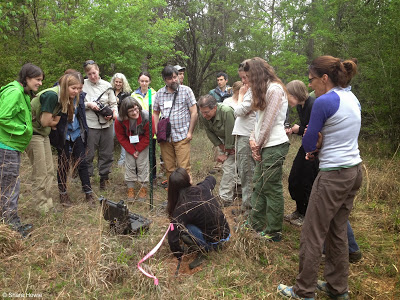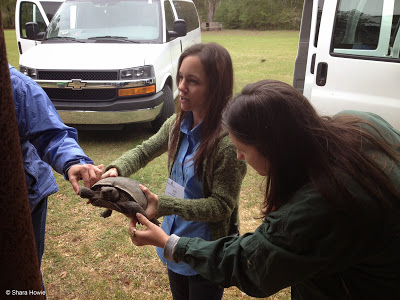By Bernadette Kuhn, CNHP Botanist
I recently had a chance to attend a NatureServe Core Methodology training just north of New Orleans, Louisiana. Keri Landry, a wildlife biologist from the Louisiana Natural Heritage Program, and Whitney Weber from NatureServe instructed our group on how to map element occurrences for animals. The training was held north of Covington, Louisiana in a longleaf pine forest that provides habitat for the gopher tortoise. Once a widely distributed in the southeastern U.S., this species is now listed as Threatened by the U.S. Fish and Wildlife Service in Alabama, Mississippi, and Louisiana. Gopher tortoise populations have declined throughout the southeast due to the loss of longleaf pine forests, disease, hunting, and forestry practices.
Our training group spent the morning mapping gopher tortoise burrows. Keri extended a tiny camera on a flexible hose down inside two of the burrows. The camera projected an image onto a small field laptop screen, and we were able to see two gopher tortoises hunkered down in their burrows.

Keri has a tortoise-in-tow that she uses for public outreach and education. She let our group spend a few minutes admiring him up close. We were also fortunate to see the state’s southernmost documented population of Orobanche uniflora, oneflowered broomrape. This plant species, although somewhat common in Colorado, is rare in the southeast and is tracked by the Lousiana Natural Heritage Program as a G5 S1. The botanists in the group gleefully helped the LNHP staff map new populations of the delicate, parasitic plant. We were all excited to learn new ways to collect field data for element occurrences through a hands-on session in a beautiful and diverse ecosystem. Thanks to the NatureServe staff, Keri, and Amy Jenkins (Florida Natural Heritage Program) for a great training day!





